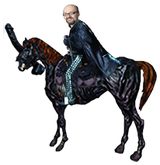MRY
Wormwood Studios

(1) Magic really improves RPGs. It creates all sorts of zany strategic possibilities, new character classes, and a different resource for economy/attrition. Yes, I've read a bazillion space operas so I know they often have magic, sometimes described as psionics/psychic powers, sometimes called the Force, sometimes called mass effect or whatever it was called in Mass Effect. Don't care. I can't think of any space opera setting where ~magic was remotely as satisfying from a gameplay standpoint as magic in a high fantasy setting.
(2) Planetary romance is basically just fantasy only elves are called something alien and orcs are called something alien and magic is less fun. There is hardly any meaningful distinction to be drawn between Planet of Adventure (Vance) or John Carter of Mars (Burroughs) and Conan or other pulpy S&S. I like planetary romance to read, but I'm not really sure why you would distinguish between them. Dark Sun strikes me as being as much a "planetary romance" as a fantasy setting (reduced magic, thrikreen, renaming fantasy classes, alien landscape, etc.).
(3) Space opera is typically at a very different scale than RPGs, so when you say you want a space opera RPG and then scoff that Starflight isn't really an RPG, it's hard to know what you want. Space opera battles are often ship-to-ship or fleet-to-fleet, much of the action consists of politicking, etc. For this to work requires a whole different set of features, which yields a game more like Starflight. Mass Effect did pretty well, I suppose, but its approach required a large budget, and even then many feel it's not a legit RPG.
Anyway, I'm a fan of the genre and I wouldn't object to more of it out there, but I do feel like it's a hard thing to make.
(2) Planetary romance is basically just fantasy only elves are called something alien and orcs are called something alien and magic is less fun. There is hardly any meaningful distinction to be drawn between Planet of Adventure (Vance) or John Carter of Mars (Burroughs) and Conan or other pulpy S&S. I like planetary romance to read, but I'm not really sure why you would distinguish between them. Dark Sun strikes me as being as much a "planetary romance" as a fantasy setting (reduced magic, thrikreen, renaming fantasy classes, alien landscape, etc.).
(3) Space opera is typically at a very different scale than RPGs, so when you say you want a space opera RPG and then scoff that Starflight isn't really an RPG, it's hard to know what you want. Space opera battles are often ship-to-ship or fleet-to-fleet, much of the action consists of politicking, etc. For this to work requires a whole different set of features, which yields a game more like Starflight. Mass Effect did pretty well, I suppose, but its approach required a large budget, and even then many feel it's not a legit RPG.
Anyway, I'm a fan of the genre and I wouldn't object to more of it out there, but I do feel like it's a hard thing to make.
























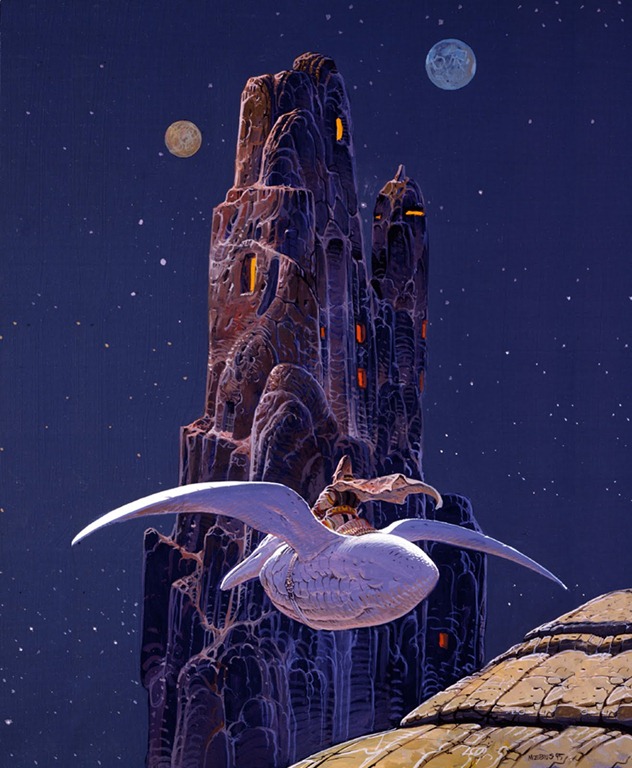

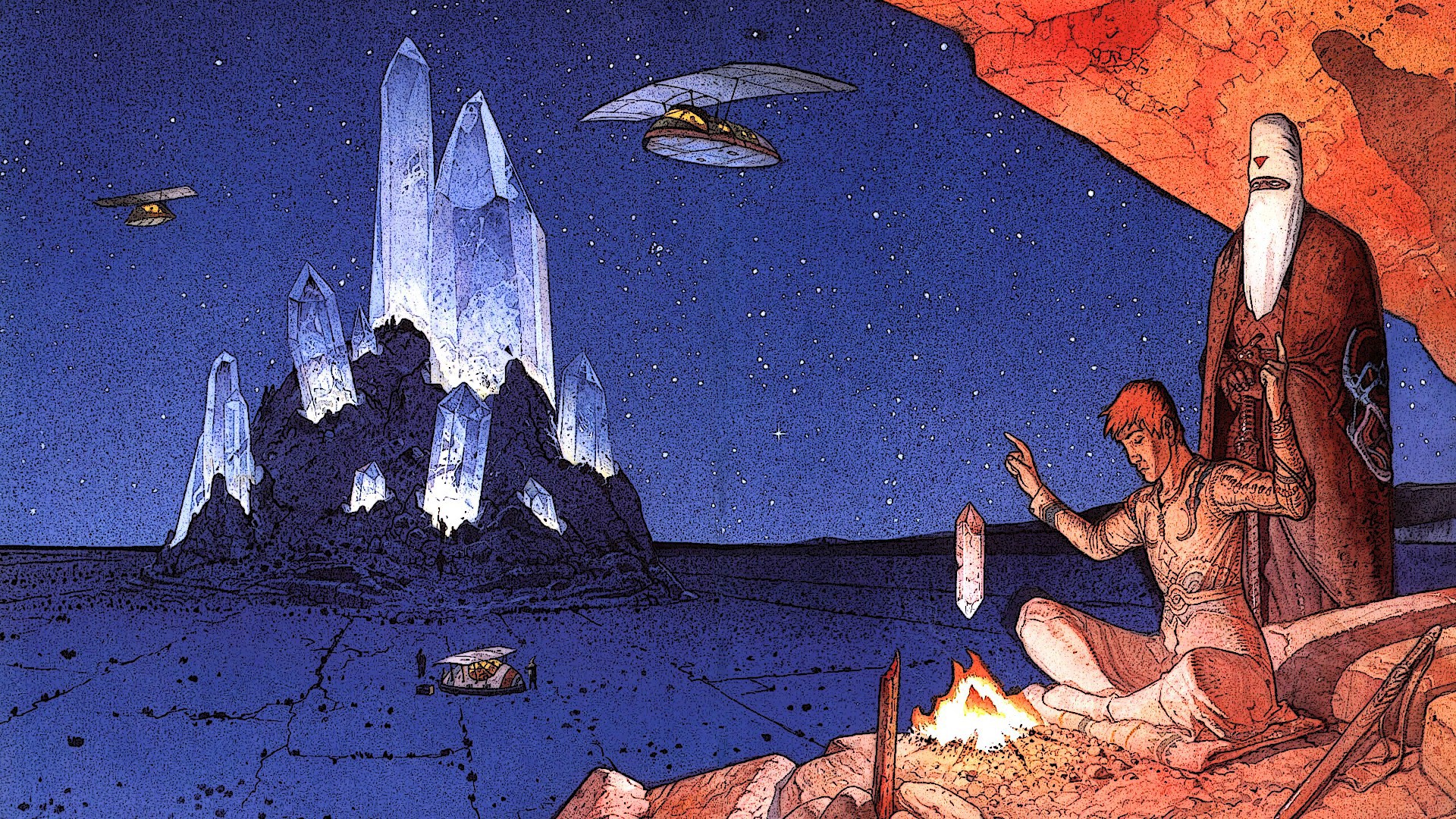

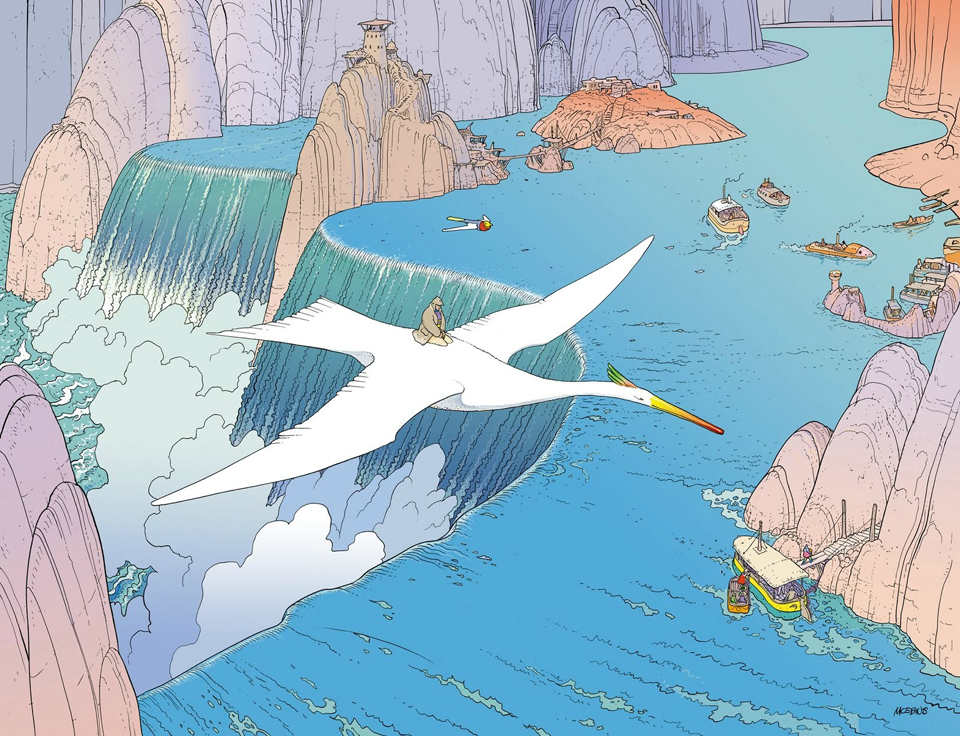
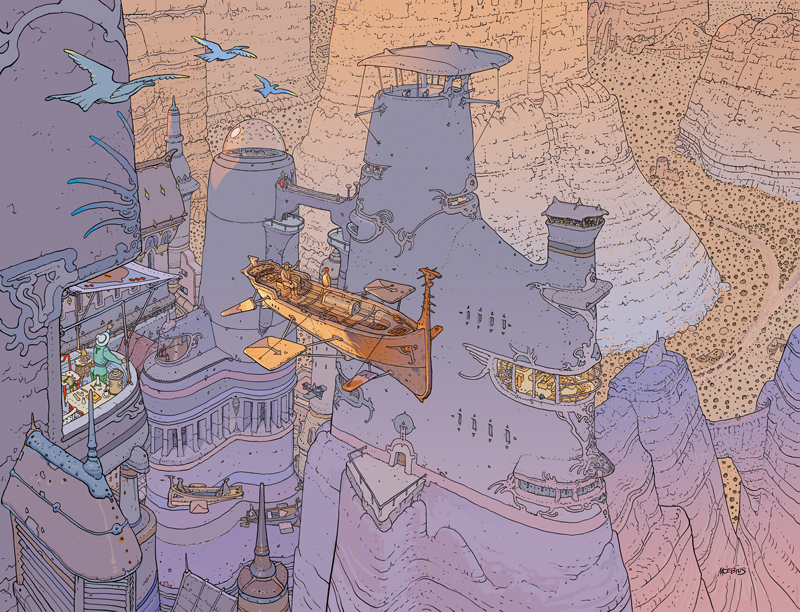





 Star Wars: Episode IV - A New Hope (1977)
Star Wars: Episode IV - A New Hope (1977)
